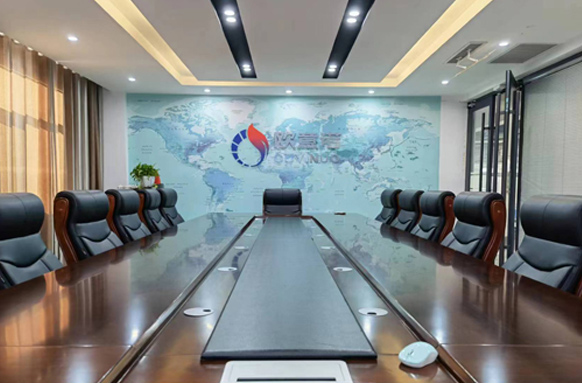Gasification is an advanced thermal process that converts carbonaceous materials such as biomass, coal, and municipal solid waste into synthetic gas, also known as syngas. This syngas primarily consists of carbon monoxide, hydrogen, and small amounts of carbon dioxide and methane. The concept of gasification has gained prominence due to its ability to provide a sustainable solution for waste management and energy production, making gasification equipment an essential component in the energy landscape.





